The State Bank recently confirmed a cyber security incident at the Vietnam National Credit Information Center (CIC). A series of banks such as Agribank , BIDV, VietinBank, Vietcombank, VPBank, LPBank, SCB... released information to reassure customers.
Agribank said that CIC's information system operates independently from the information systems of credit institutions. The illegal collection, processing, exploitation, use, exchange, and provision of credit information will be handled according to the provisions of law.
Bad guys can take advantage of this information to impersonate banks and authorities to commit fraud, spread malware or steal users' information and assets. Some forms of fraud can include fake calls and text messages asking users to provide personal information, credit cards, authentication codes, OTP security codes, etc.
The bank recommends that customers do not provide passwords, OTP codes or other security information via phone, text messages, links or follow any requests from strangers. Customers should access banking services through the bank's official application or official website.
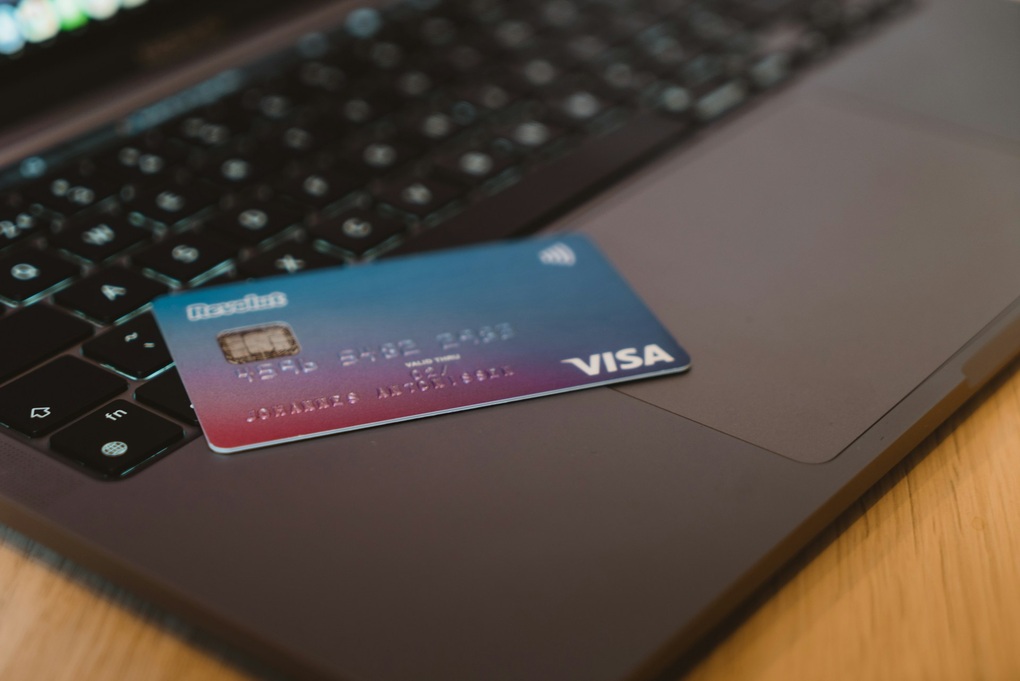
Credit card illustration (Photo: Unsplash).
VPBank stated that sensitive information such as electronic banking system login data (username, password, biometrics) or credit card and debit card data are not entered into the CIC reporting data system and are kept absolutely confidential in the banking system.
The bank also warned that cybercriminals could take advantage of the leaked information to spread malware, create scam scenarios and appropriate assets. Therefore, customers need to be vigilant, not install applications from unofficial sources, and not provide OTP/SmartOTP codes to anyone.
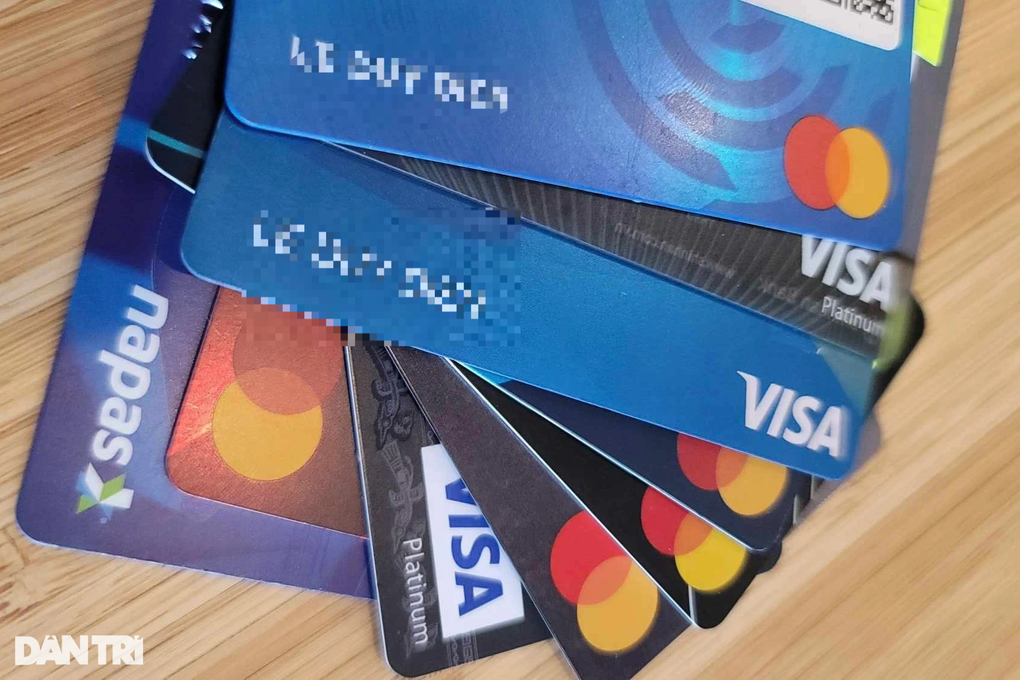
Images of some types of cards that can be used for international payments (Photo: Le Duy Dien).
Banks recommend that customers take self-protection measures, including not disclosing login information, passwords, OTP codes; not providing card numbers, expiration dates, etc.; only transacting through reputable payment gateways; being wary of strange calls, messages, and emails; not accessing links of unknown origin; and managing balances via applications.
Customers are advised to only download apps from the Google Play Store or App Store; use strong passwords, enable two-factor authentication, and avoid using public wifi.
When receiving any call claiming to be from a competent authority or bank to notify of debt, request account freezing... you need to stay calm, proactively call back the bank's official hotline or go directly to the nearest branch to verify the information.
Banks all emphasized that the authorities, including the Department of Cyber Security and High-Tech Crime Prevention (A05), are coordinating with the State Bank and cybersecurity enterprises to synchronously deploy technical and professional solutions to respond, verify and ensure system safety.
The State Bank of Vietnam said on the afternoon of September 12 that it had received a report from the Vietnam Credit Information Center (CIC) about a credit information incident at this unit. The management agency has directed the CIC to report and coordinate with state agencies to handle the situation, while ensuring the center's continuous and smooth operations.
Currently, CIC is one of four organizations licensed to provide credit information services in Vietnam, commonly known as the place to look up bad debt history. CIC is a public service organization under the State Bank, with the purpose of supporting management in the monetary and banking sectors, supporting credit institutions and customers who want to access loans.
The State Bank said that credit information collected by CIC does not include deposit accounts, deposit balances, savings books, payment accounts, debit card numbers, credit card numbers, security codes or customer transaction history.
Source: https://dantri.com.vn/kinh-doanh/su-co-du-lieu-o-cic-ngan-hang-noi-the-tin-dung-duoc-bao-mat-tuyet-doi-20250913011904012.htm



![[Photo] General Secretary To Lam attends the 80th Anniversary of the People's Court's Traditional Day](https://vphoto.vietnam.vn/thumb/1200x675/vietnam/resource/IMAGE/2025/9/13/ff42d08a51cc4673bba7c56f6a576384)
![[Photo] General Secretary To Lam attends the Digital Popular Education Symposium - Digital National Assembly](https://vphoto.vietnam.vn/thumb/1200x675/vietnam/resource/IMAGE/2025/9/13/43ebd93f0f5e4d98a2749dab86def7cd)
![[Photo] Vinh Hao-Phan Thiet Expressway has a frog's jaw](https://vphoto.vietnam.vn/thumb/1200x675/vietnam/resource/IMAGE/2025/9/13/a89ffa426f7a46ffb810cb1d7bdfb1b8)


![[Photo] Hundreds of meters of Hoi An coastline seriously eroded](https://vphoto.vietnam.vn/thumb/1200x675/vietnam/resource/IMAGE/2025/9/13/57c85b745a004d169dfe1ee36b6777e5)

























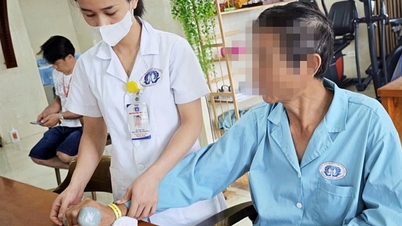






















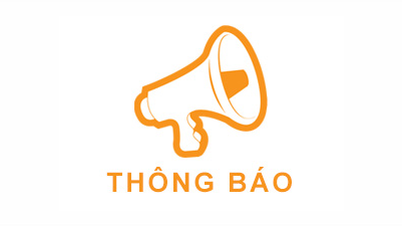























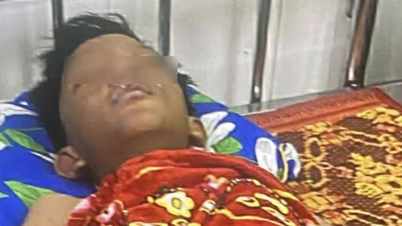









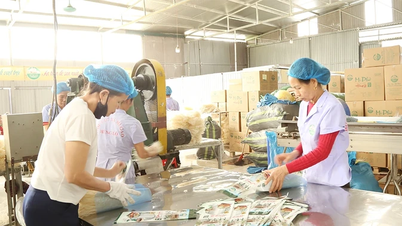


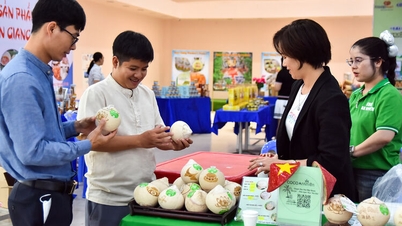











Comment (0)